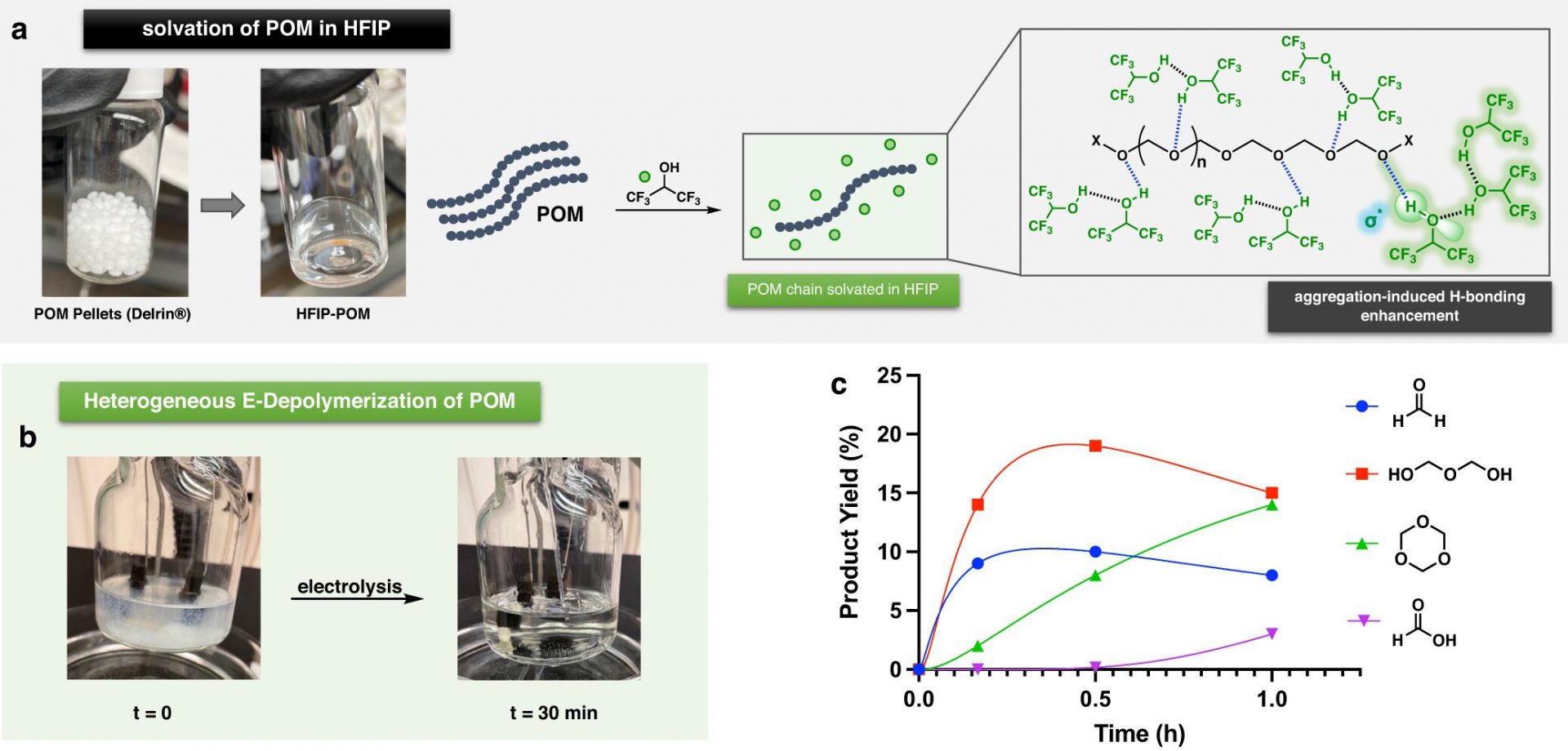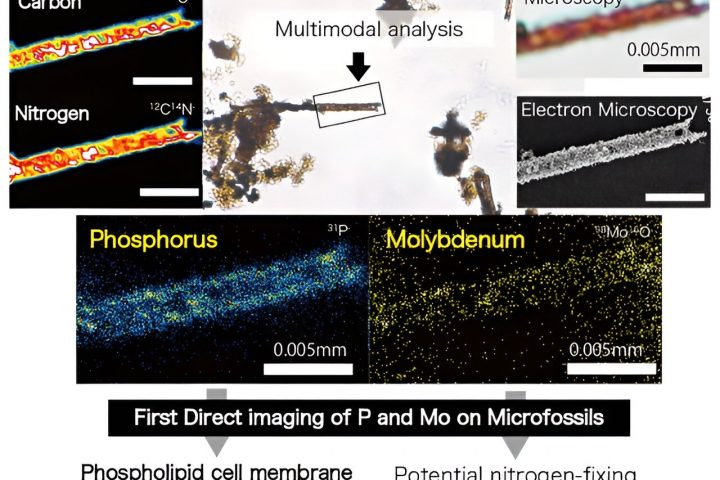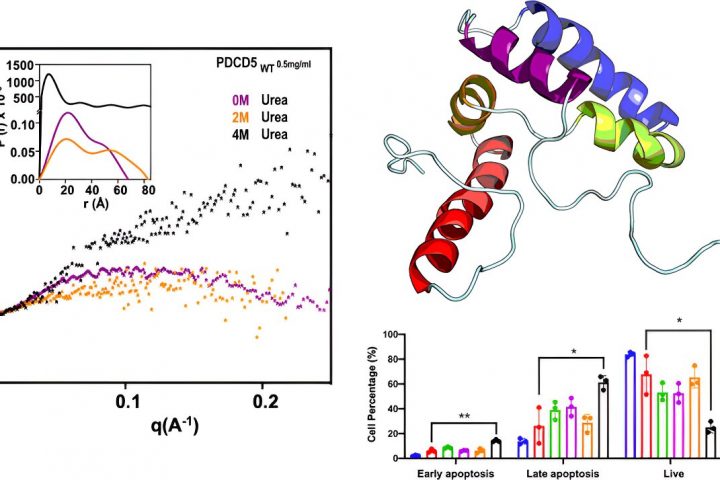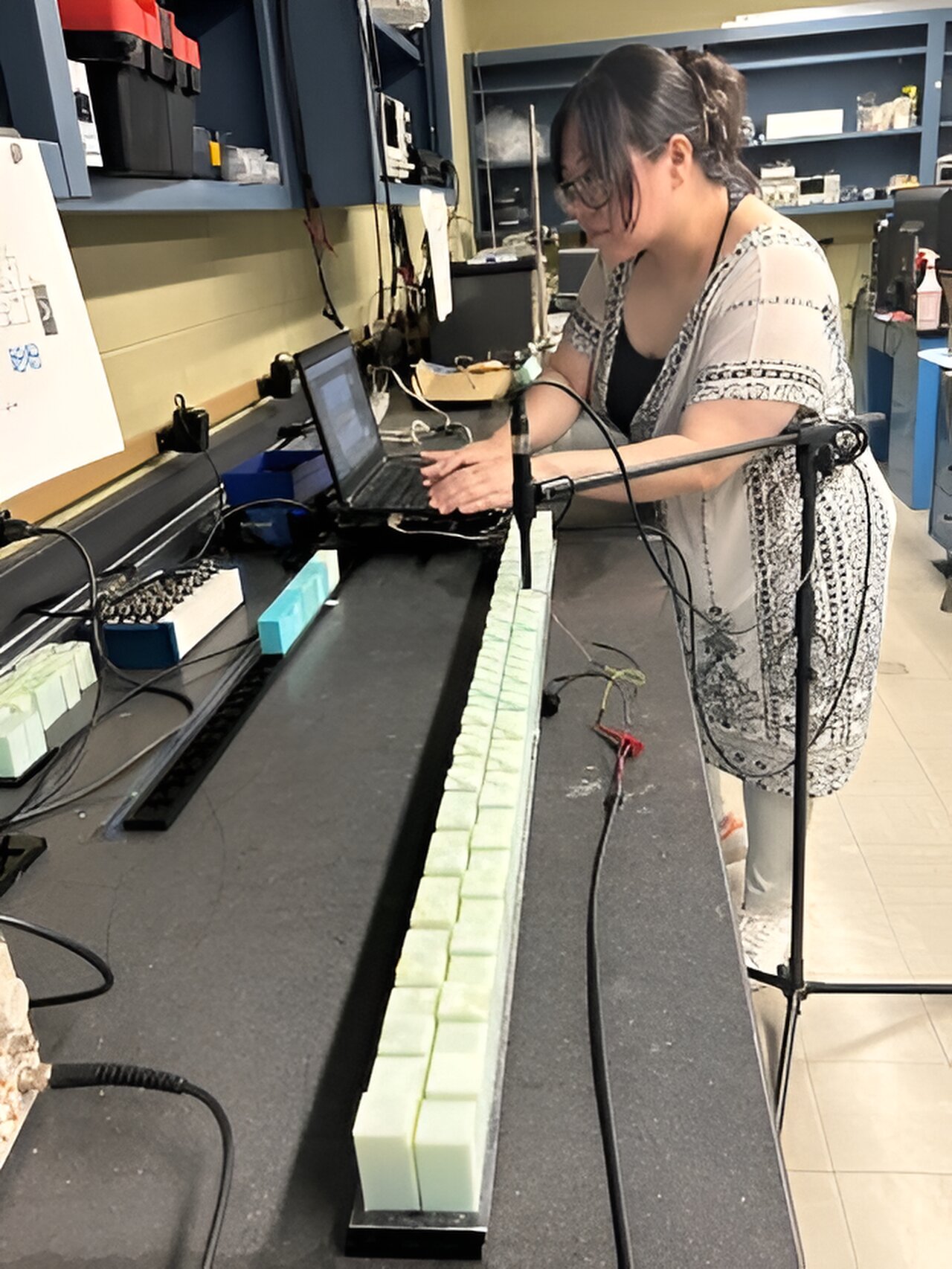Did you know that despite global efforts to transition to a circular plastics economy, over three quarters of the 400 metric tons of plastic produced each year still ends up as waste?
But here’s some good news: researchers at the University of Illinois Urbana-Champaign have found a way to use renewable energy to recycle a challenging form of plastic that is becoming more popular.
In a recent study published in Nature Communications, the researchers share their innovative process that demonstrates the potential of renewable energy in achieving a circular plastics economy.
“We wanted to show how renewable energy and a circular plastic economy can work together,” said Yuting Zhou, a co-author of the study and postdoctoral associate at the university.
The research project was led by Jeffrey Moore and Joaquín Rodríguez-López, two chemistry professors at Illinois. They focused on Polyoxymethylene (POM), a high-performance acetal resin used in various industries.
However, recycling POM is challenging due to its highly crystalline properties. Traditional methods result in the loss of its original material properties.
That’s where the Illinois research team’s method comes in. They use electricity, drawn from renewable sources, to deconstruct the polymer into its monomer form.
While significant breakthroughs have been made in recycling other synthetic plastics, such as PE, PET, and PS, there has been limited experimentation with POM, especially using electricity as the driving force.
In their study, the researchers dissolve small beads of Delrin, a commercial product made of POM, in an organic solvent called Hexafluoroisopropanol (HFIP). This solvent plays a crucial role in the depolymerization process.
Through their experiments, the team discovered that electricity, combined with HFIP, breaks down the polymer into monomers. This breakthrough opens up possibilities for using electricity to recycle manufactured plastic products.
The researchers are now eager to explore the power of electrocatalysis in deconstructing other challenging types of plastic and incorporating this method into a flow system.
“We hope that our work inspires other engineers and synthetic chemists to consider using electricity for plastic deconstruction,” Zhou added.
Their groundbreaking research, titled “Heterogenous Electromediated Depolymerization of Highly Crystalline Polyoxymethylene,” is published in Nature Communications.








